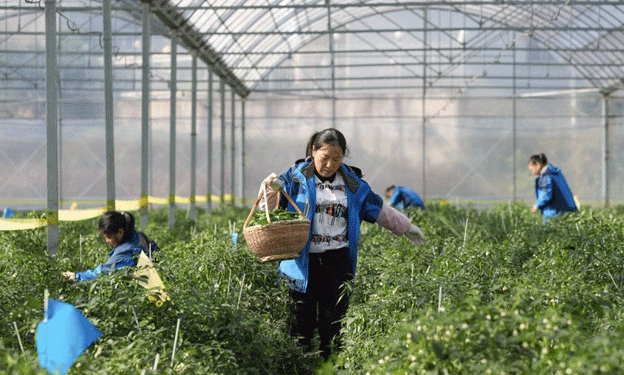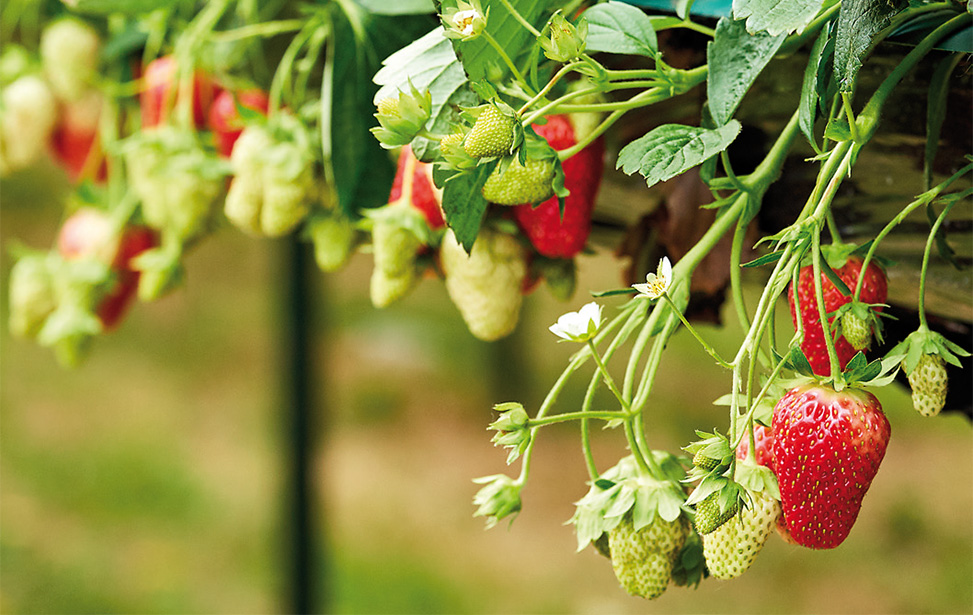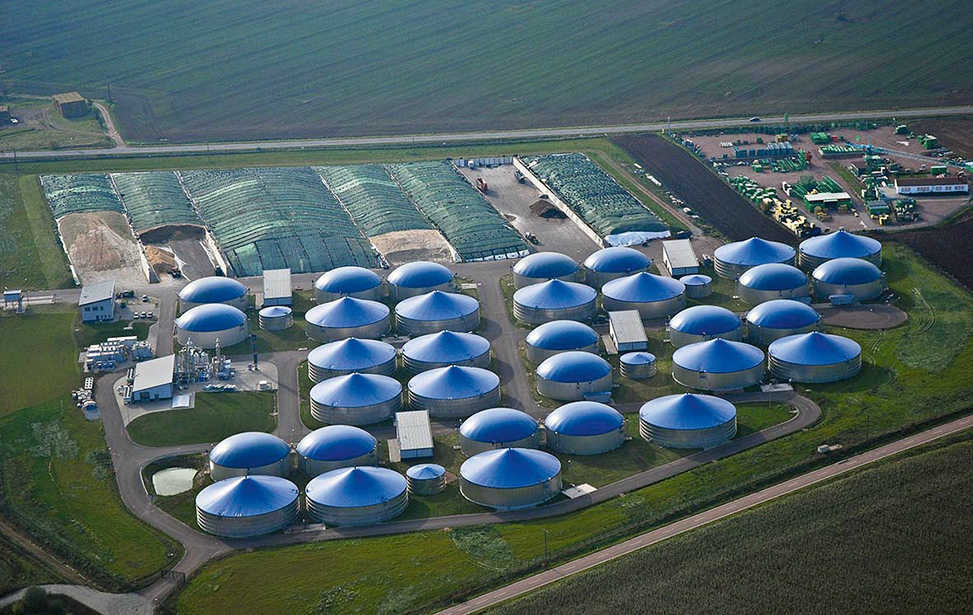The global agricultural industry is increasingly turning to technology to address challenges such as labor shortages, climate unpredictability, and the need for sustainable practices. In China, Hunan Province is setting an example by integrating smart greenhouse systems into its thriving pepper cultivation industry. These advancements promise increased efficiency, reduced waste, and improved product quality, solidifying Hunan’s reputation as a leader in agricultural innovation.
The Role of Smart Greenhouses in Pepper Cultivation
Hunan, known for its significant contribution to China’s pepper supply, is deploying intelligent greenhouses to revolutionize traditional farming methods. These greenhouses incorporate advanced technologies such as:
- Automated Climate Control: Sensors and AI systems regulate temperature, humidity, and light to create optimal growing conditions year-round.
- Precision Irrigation: Smart irrigation systems minimize water use while maximizing crop hydration, reducing resource waste by up to 30%, according to industry reports.
- Remote Monitoring: Farmers can track crop health and greenhouse conditions in real time through mobile and desktop platforms.
One notable site is the Yangque Lake Zhangshugang Pepper Base in Yueyang City, where advanced facilities are already showing significant improvements in yield and quality.
Economic and Environmental Impact
The adoption of intelligent greenhouses has led to measurable benefits:
- Increased Yields: Smart technologies have improved output by approximately 20%, meeting the growing domestic and international demand for peppers.
- Resource Efficiency: By automating irrigation and climate control, these systems reduce water and energy consumption significantly compared to traditional methods.
- Labor Reduction: With automation, labor costs are cut by as much as 50%, addressing the challenge of rural workforce shortages.
Hunan’s innovation aligns with a broader trend in agriculture. According to a report by MarketsandMarkets, the global smart greenhouse market is expected to grow from $2.1 billion in 2021 to $4.6 billion by 2026, driven by rising food demand and technological advancements.
A Model for Sustainable Agriculture
Beyond economic benefits, the smart greenhouse model supports sustainability. By reducing the environmental footprint of farming through resource efficiency and waste minimization, it aligns with global efforts to create eco-friendly food production systems.
The Road Ahead
Hunan’s initiative serves as a blueprint for other regions seeking to modernize their agricultural practices. The government and local businesses are actively investing in research and development to further optimize smart greenhouse technologies. Collaborations with tech firms and academic institutions aim to expand these innovations to other crops and regions.
Hunan Province demonstrates how technology can redefine agriculture. By integrating smart greenhouse systems into pepper farming, it addresses key challenges while enhancing productivity and sustainability. As this model gains traction, it holds promise not only for China but for the global agricultural community striving for innovation and resilience in a rapidly changing world.










